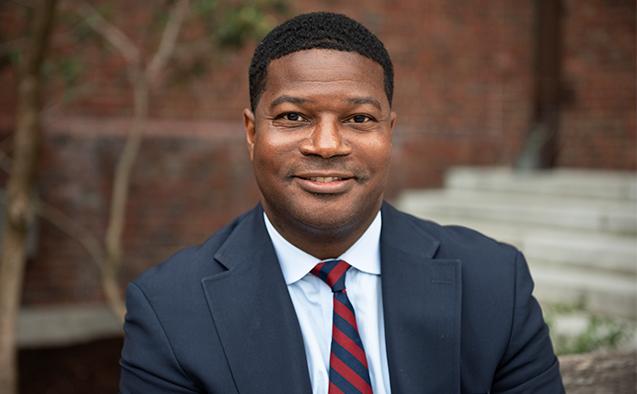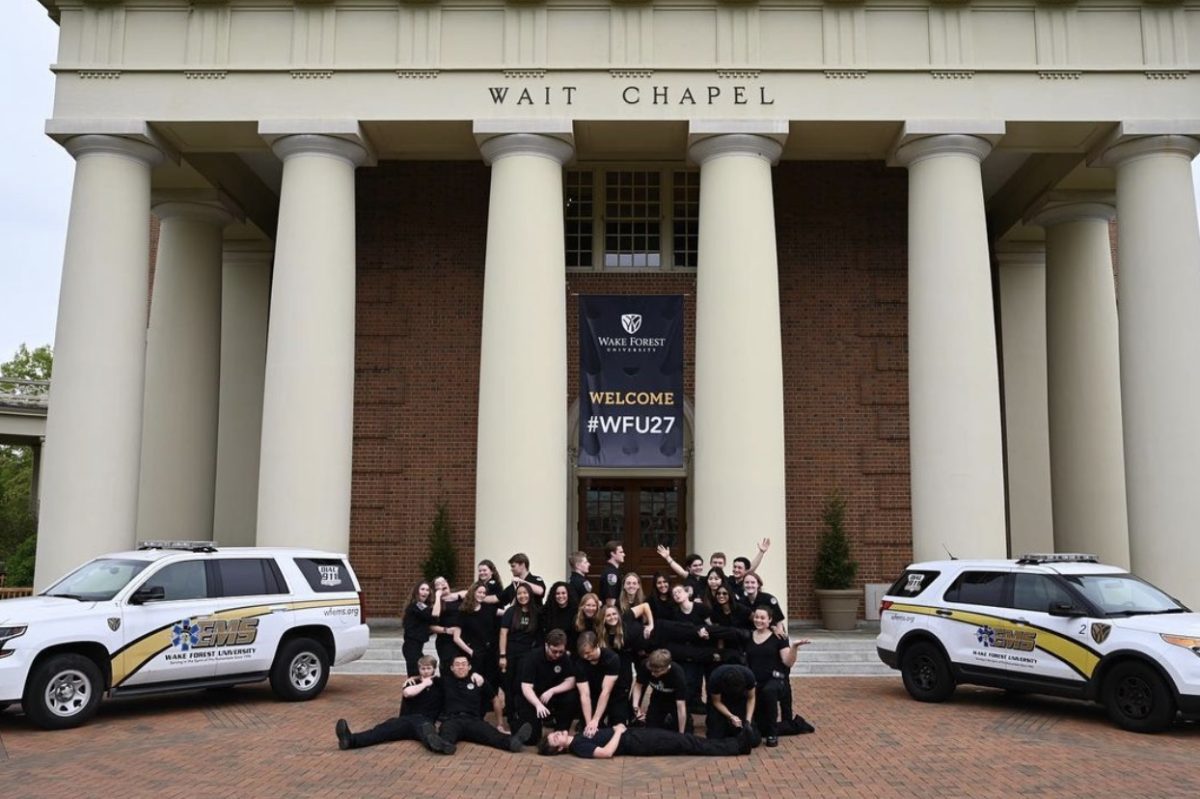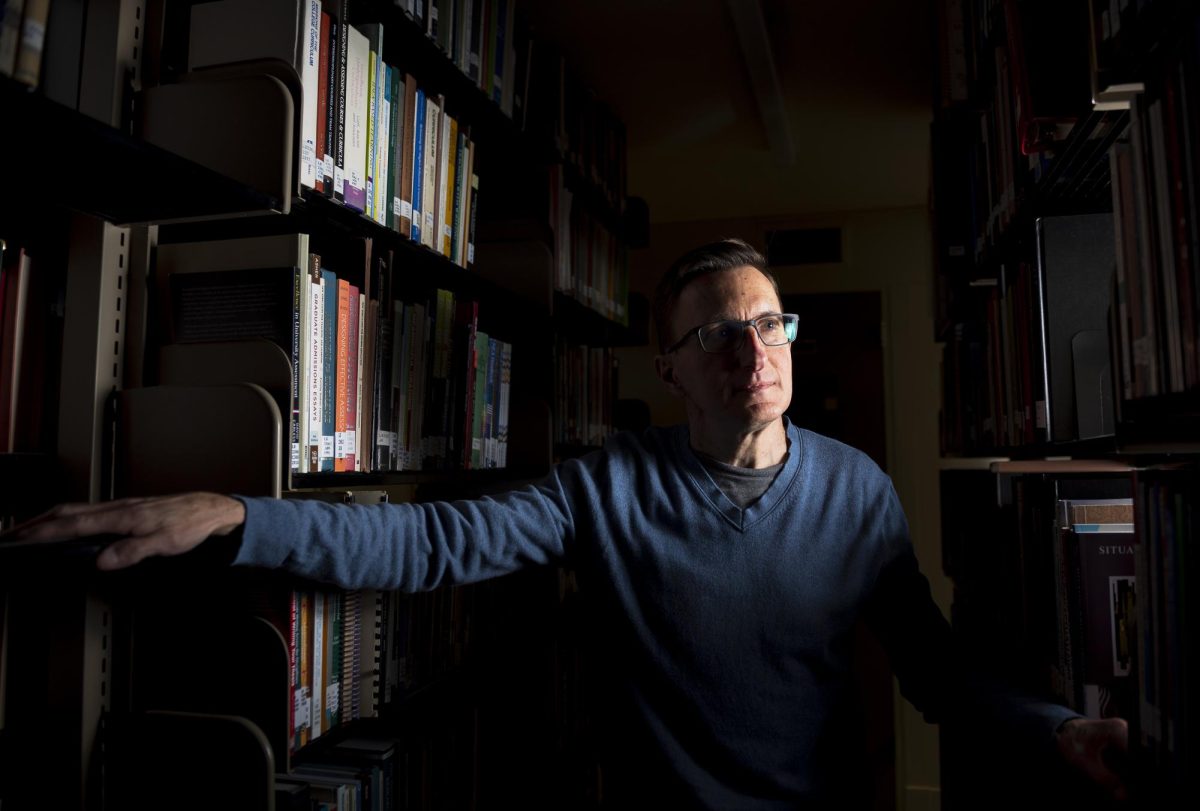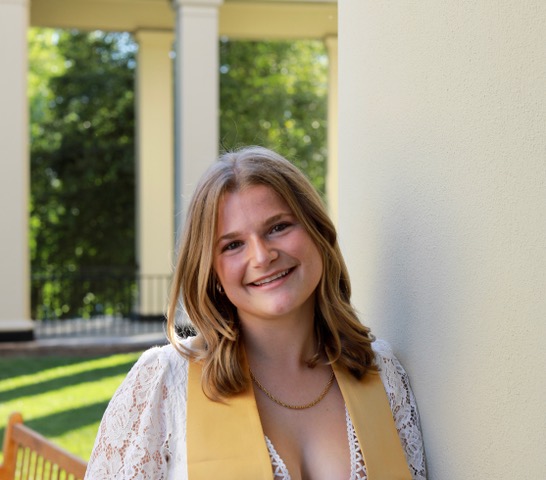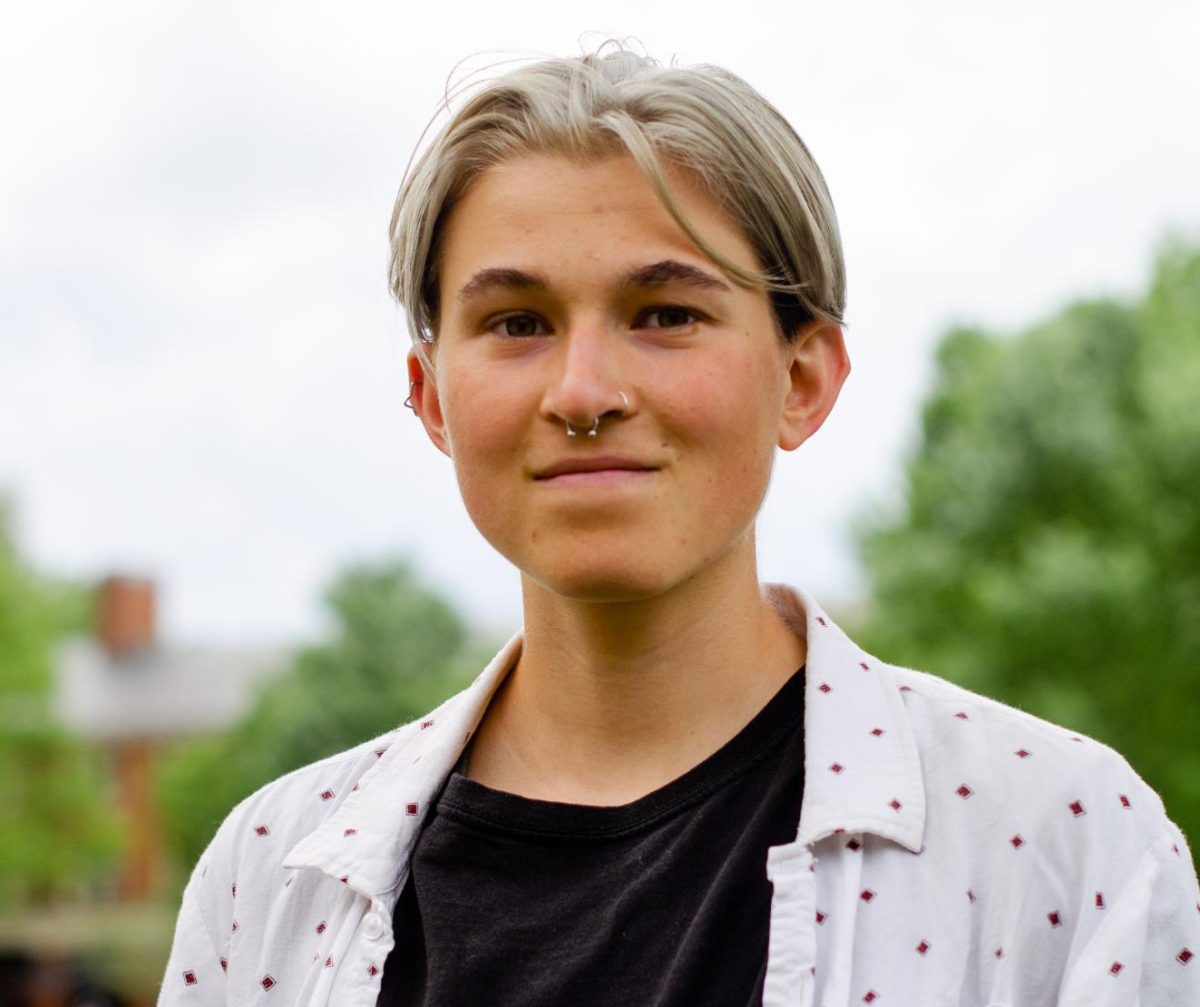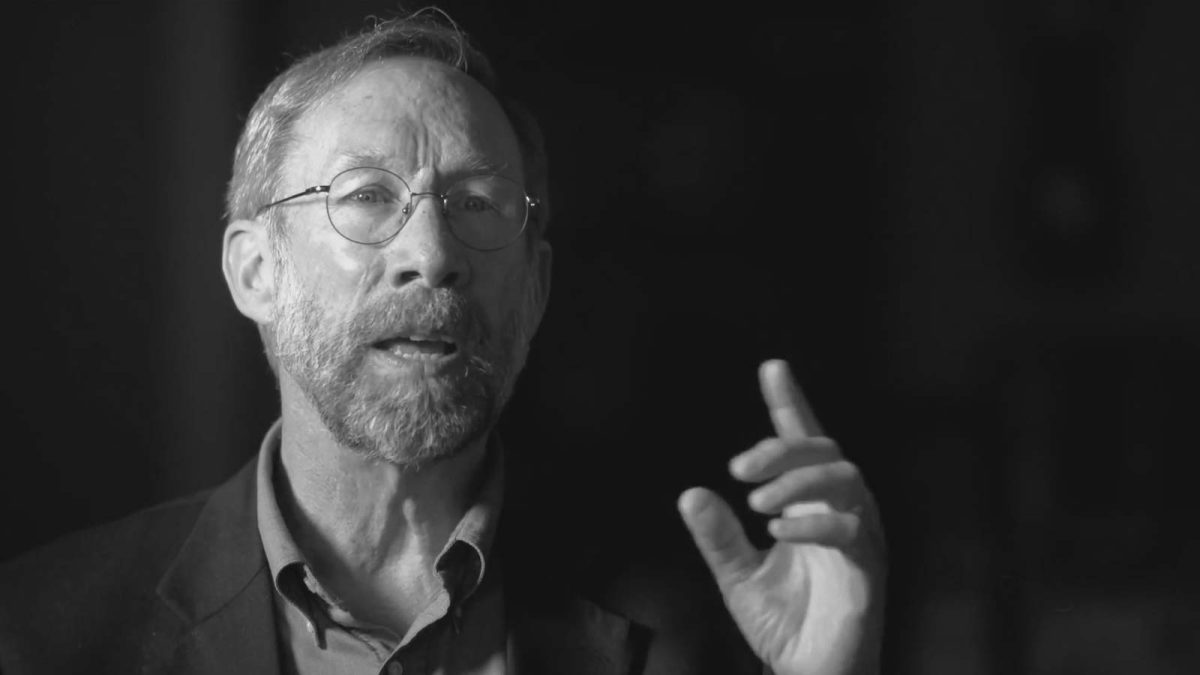Jonathan Walton is the dean of the Wake Forest School of Divinity. He is also the presidential chair of religion and society and the dean of Wait Chapel.
As an advocate for social justice and civil rights, Walton shares insightful and impactful messages with the university community. On April 2, he released a video, “Time is Filled With Swift Transition,” which focuses on our interconnectedness amid COVID-19. In the video, Dean Walton explains how love, compassion and kindness will help us endure difficult times, just as they always have. Read the Old Gold & Black’s interview with Walton here:
Can you share with our readers your motivation for making the video “Time Is Filled With Swift Transition?”
I serve on the Presidential Cabinet. President [Nathan] Hatch begins our weekly meetings with his own words of appreciation and inspiration, and it just so happens that one week he asked me to begin a meeting with a few thoughts. I decided to unpack how I conclude most worship services, where I offer a reminder that tomorrow isn’t promised so we should not live for the opportunity. We just love mercy or walk humbly. At that meeting, President Hatch suggested that I record the message and share it with the larger Wake [Forest] community.
Are you remaining hopeful and optimistic during this trying time and, if so, can you explain how you are doing that?
I actually want to make a distinction between being optimistic and [being] hopeful. I’m not optimistic. Optimism is an orientation that assumes everything must and will get better that lends itself to a moral hazard of idealism. All is well, we are good, and thus God smiles on us. That’s somewhat, to me, an immature approach to life. But that doesn’t mean I’m a pessimist. I believe that despite our base inclinations, humanity actually has an incredible capacity to be loving, kind and just. Often, when situations are most dire and desperate we see the best of the human spirit emerge. And so that’s why I’m hopeful. I’m hopeful because I believe in the capacity of staring despair in the face and refusing to let suffering have the last word.
How do you feel Wake Forest’s motto, Pro Humanitate, can inform our response to COVID-19?
The university has a commitment to teaching, learning, research and discovering. We don’t know what is going to await us on the other side of this global health pandemic. But what we do know is that communities are going to face social, economic and spiritual challenges that are unique to all of our lifetimes. And so our world is going to need agents of justice and compassion and reconciliation in all fields of human endeavors to meet the needs of the next generation. Wake Forest has to continue, and will continue, to train heads, hands and hearts that are going to serve humanity in all fields. Whether you are a graduate of the college, the Divinity school, the law school, the medical school — we have to continue to pursue scientific breakthroughs. Artists have to continue to capture the human condition and tell the story. Philosophers have to continue to pursue truth, wisdom and beauty. This is the purpose of a liberal arts education. This is who we are at Wake Forest, and this is what we must continue to do.
The Wake Forest community has always been very close-knit, with students and faculty being supportive of each other. How do you believe our community can continue to connect and support one another while remaining separated?
Social distancing is a public health term, but it’s really a misnomer. What we’re doing is physical distancing in order to save lives. But physical distancing and social distancing are not the same thing: physical distance need not negate robust social engagement. I’m actually encouraged by what I’ve witnessed over the past month. True teachers and true artists have taken to social media and other digital platforms in creative and exciting ways. Students are creating memes. I’ve witnessed Instagram Live turn into huge dance parties. People are joining together to take weekly cooking and writing courses virtually. Even professors are learning to appreciate other fields. I have a buddy of mine who is an engineering professor, and he’s been taking DJ classes online. There are ways that we’re all connecting. This is not to diminish the importance of human contact, but I think that there’s evidence that we’re making the best of this situation in ways that are encouraging and inspiring to everybody.
COVID-19 is causing many students, and people everywhere, to feel anxious and nervous about the uncertainties of the future. Do you have any thoughts or words you can share to address those fears?
I think it’s important for us to distinguish between fear and anxiety. Fear has an object. And there is a lot for us to fear. We can fear illness, we can fear economic hardship. Anxiety, however, is like fear of the unknown. And that’s what’s most debilitating. We do not like feeling that we aren’t in control. What this moment is teaching us is to appreciate today. There’s that line in the Lord’s Prayer which says, “Give us this day, our daily bread.” That’s a line I have come to repeat over and over again. I don’t know what tomorrow holds, but as of today, I can learn to appreciate precious moments of joy, love, creativity, fun, humor.
How can students remotely connect with you and the School of Divinity?
Students can always connect with me. My Instagram and Twitter handles are @wakedivdean. The Divinity School’s is @wakediv. Particularly during this time, those are the most appropriate ways to remain in contact with us.
If you could fast forward to five years in the future, how do you believe we will reflect on this historic time in our country?
I pray that, by then, we will have appropriately honored and recognized all of the lives lost during this pandemic with lasting memorials. We’re going to need those touchstones as symbols of our collective mourning. We are unable to gather together in communities right now to mourn the thousands of lives that have been lost. I think it’s very important that five years out, we have markers where we can remember family members, healthcare workers and first responders who gave of themselves sacrificially. I also believe that we’ll recall fondly precious and humorous moments carved out of this time. The crazy moments — when parents became home school teachers and college kids needed parents out of houses. All of us are going to have photographs with us in desperate need of haircuts. So, I think that will be part of it too. There’s indeed a tragic comic dimension to this moment, and I think that will be part of the narrative for years to come.


